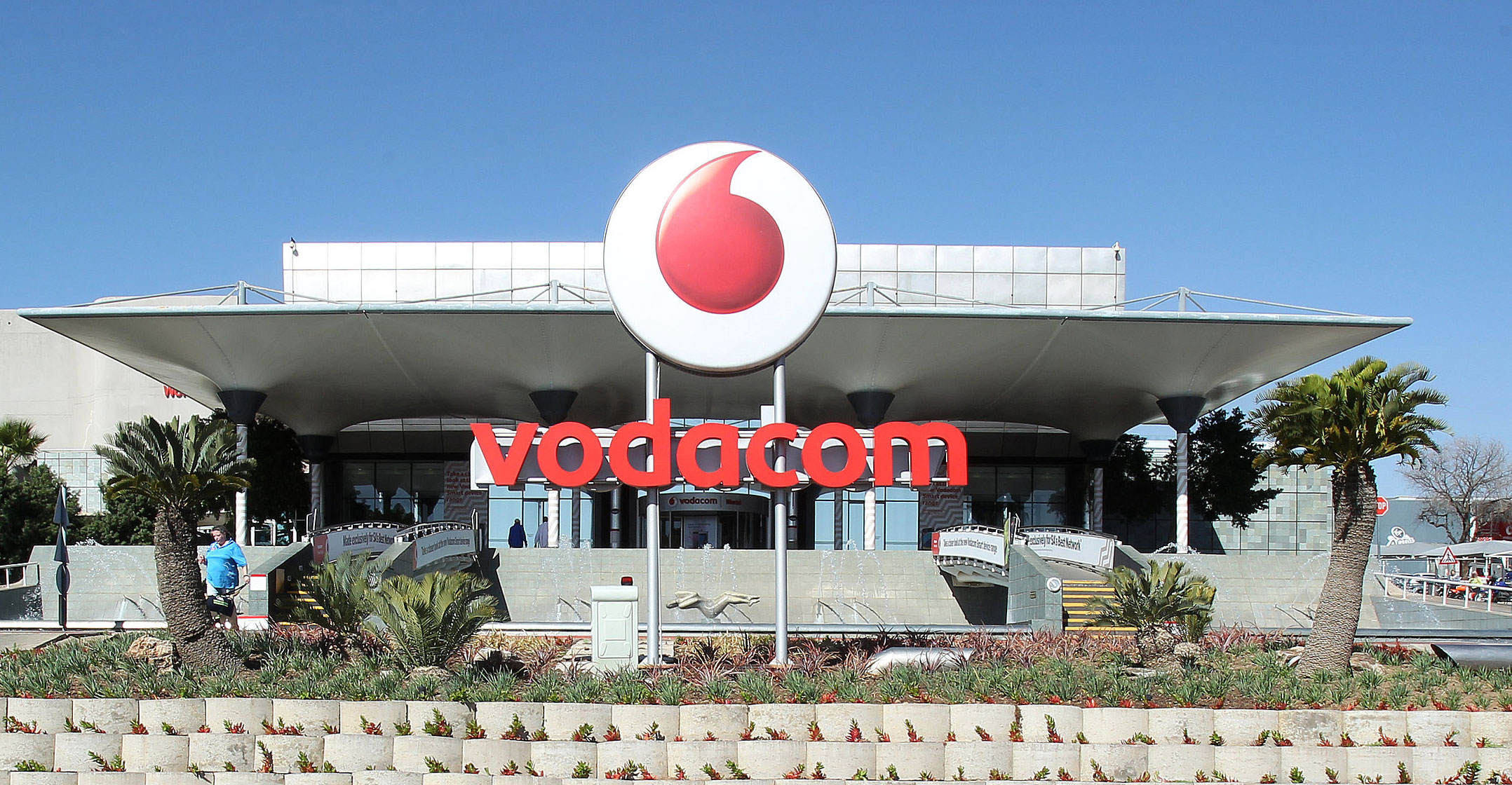 Vodacom said on Monday that “unquestionably the most significant obstacle to reducing input costs and, by extension, data prices is the fact that no new spectrum has been allocated” to operators for the past 14 years.
Vodacom said on Monday that “unquestionably the most significant obstacle to reducing input costs and, by extension, data prices is the fact that no new spectrum has been allocated” to operators for the past 14 years.
Lengthy delays in completing the digital terrestrial television migration project and in allocating spectrum for 4G/LTE has “curbed the pace at which data prices could have fallen”.
Vodacom was reacting to the Competition Commission’s provisional findings and recommendations following its data services market inquiry, the details of which were released last week. The commission accused Vodacom and MTN of charging significantly higher rates for data in South African than in other African countries in which they operate and for skewing their rates in such a way that they disadvantage the poor.
“High-demand spectrum — or what is often referred to as the ‘digital dividend’ spectrum — is in the 700-800MHz band and can only be allocated once the digital migration in South Africa is completed. This spectrum is called the ‘digital dividend’ because it is a highly efficient carrier of 4G signals. Having built a 4G network with over 90% population coverage using spectrum other than the digital dividend means, for example, that we have had to build significantly more towers at great expense. This increases input costs and was not an efficient method for allocating resources,” the company said.
“A prime example of how timely allocation of spectrum at reasonable market-related terms can positively impact data prices is in neighbouring Lesotho, one of the first countries in the world to assign 5G spectrum,” Vodacom added. “The research used by the commission shows data prices in 2016 and 2017 when average data prices have dropped by 57% in the past three years. The information used is outdated and doesn’t take into account hourly, daily, weekly and fortnightly bundles, which are 80% of our volume sales in prepaid offerings.”
‘Critical aspects’
Furthermore, it said the commission failed to take into account that countries used in its comparisons have already licensed 4G spectrum, which had the effect of “driving down the cost of producing a gigabyte of data”.
“This underpins Vodacom’s view that an analysis of prices across different countries that does not take into account crucial aspects such as the amount of spectrum allocated, population coverage and network quality is not particularly useful as the cost of delivering mobile services varies considerably across countries,” it said.
“Some of the costs are set by governments, including taxes, spectrum licence fees, import duties and rental fees for undersea cables. Others relate to the geographic size of a country, its population density and the availability of fixed-line infrastructure that connects mobile base stations with the rest of the network.”
 Vodacom said countries with large populations can leverage economies of scale. If the population is more urbanised, it also makes it easier to cover from an infrastructure perspective.
Vodacom said countries with large populations can leverage economies of scale. If the population is more urbanised, it also makes it easier to cover from an infrastructure perspective.
“The cost of services in rural areas in particular is very high as this requires the funding of everything from access roads and diesel for generators, to microwave repeaters for connectivity. Often this rural infrastructure does not provide an economic return and it is, in effect, subsidised by urban areas. Despite these challenges, Vodacom provides 4G services to over 90% of the population at great expense. Timeous allocation of 4G spectrum would have aided tremendously in reducing these costs.”
Vodacom said it will meet the commission’s deadline of 14 June to make further submissions. It will use this round of consultations to “provide accurate data, which does not seem to have been built into the provisional report”. — © 2019 NewsCentral Media




